Organisation

Der EVTZ wurde im April 2015 gegründet und zählt heute 26 Mitglieder. Die Versammlung aller EVTZ-Mitglieder ist das Entscheidungsgremium des EVTZ. Es wählt einen Vorsitzenden und zwei stellvertretende Vorsitzende und ernennt den Direktor. Die Vorsitzenden und der Direktor bilden das leitende Komitee des EVTZ. Auf Arbeitsebene wurde eine Expertenarbeitsgruppe mit sechs thematischen Fokusgruppen unter ihrem Dach eingerichtet. Der Beirat aus Vertretern aus Wissenschaft und Forschung, Wirtschaft, Logistikunternehmen und Eisenbahnunternehmen unterstützt die EVTZ-Aktivitäten.
Vorsitzende
Die Versammlung, die aus allen momentanen Mitglieder-Organisationen besteht, hat für die dritte Wahlperiode bis 2024 eine Vorsitzende und zwei stellvertretende Vorsitzende gewählt.

DARIO VOLTATTORNI
Stellvertretender Vorsitzender
Secretary General, Confindustria Lombardia (IT)

MATTHIAS PROSKE
Stellvertretender Vorsitzender
Direktor. Regionalverband Mittlerer Oberrhein (DE)

JEANNETTE BALJEU
Stellvertretende Vorsitzende
Regional Minister Province of Zuid-Holland (NL)
Direktorin
Die Versammlung hat Frau Dr. Cecilia Braun zur Direktorin des EVTZ ab dem Jahr 2022 ernannt. Die Direktorin ist verantwortlich für die Führung des Tagesgeschäfts und die dazugehörigen Aktivitäten des EVTZ, wobei sie vom Sekretariat, welches von ihr geführt wird, unterstützt wird.

Dr. Cecilia Braun
Direktorin
MISSION
ZIELE UND AUFGABEN
Hauptziel des EVTZ ist die Erleichterung und Förderung der territorialen Kooperation zwischen den Mitgliedern sowie die gemeinsame Stärkung und Koordinierung der integrierten Raumentwicklung entlang des multimodalen Rhein-Alpen-Korridors aus regionaler und lokaler Perspektive.
Die Aufgaben und Ziele des EVTZ, wie sie von den Gründungs-Mitgliedern vereinbart wurden, sind:
- Vereinigung und Bündelung der gemeinsamen Interessen seiner Mitglieder gegenüber nationalen, europäischen und für Infrastruktur zuständigen Institutionen
Organisation und Umsetzung gemeinsamer Lobby-Aktivitäten für die Entwicklung des Rhein-Alpen Korridors
Vertretung der EVTZ-Mitglieder im EU Rhein-Alpen-Korridor Forum - Weiterbearbeitung der gemeinsamen Entwicklungsstrategie für den multimodalen Rhein-Alpen-Korridor
Koordinierung von Regionalentwicklung im Rhein-Alpen Korridor unter Berücksichtigung lokaler und regionaler Perspektiven
Berücksichtigung von Transportinfrastruktur-Projekten und Flächennutzungskonflikten entlang des Rhein-Alpen-Korridors - Nutzung von Finanzmitteln für korridorbezogene Aktivitäten und Projekte
Information der EVTZ-Mitglieder über Fördermöglichkeiten für korridorbezogene Projekte
Bewerbung neuer, EU-finanzierter Projekte und gemeinschaftliche Verwaltung von EU-Finanzmitteln - Verbesserung der Sichtbarkeit und der öffentlichen Wahrnehmung des Korridors
Organisation von Korridorveranstaltungen (Kongresse, Workshops, etc.)
Ausarbeitung und Verbreitung von Publikationen (Newsletter, Faltblätter, Broschüren)
Übernahme und Weiterbetrieb der im Rahmen des Projekts CODE24 entwickelten mobilen Ausstellung - Bereitstellung einer zentralen Plattform für gegenseitigen Informations- und Erfahrungsaustausch und Begegnung
Organisation von Treffen der Mitglieder
Gewährleistung der Informationsübermittlung
Weiterbetrieb des in Rahmen des Projekts CODE24 entwickelten Korridor-Informationssystems
-
Interregional Alliance for the Rhine-Alpine Corridor EGTC
ÜBEREINKUNFT
Die Übereinkunft des Europäischen Verbunds für territoriale Zusammenarbeit „Interregionale Allianz für den Rhein-Alpen Korridor EVTZ“ basiert auf der Regulierung (EU) No 1302/2013 des Europäischen Parlaments und des Rats vom 17. Dezember, anhängend an Regulierung (EC) No 1082/2006 zu einem Europäischen Verbund für territoriale Zusammenarbeit (EVTZ). Die Übereinkunft wird durch die Satzung vervollständigt.
-
des Europäischen Verbunds für territoriale Zusammenarbeit „Interregional Alliance for the Rhine-Alpine-Corridor EVTZ“
THE PURPOSE OF AN EGTC
According to the European Commission’s “REPORT FROM THE COMMISSION TO THE EUROPEAN PARLIAMENT AND THE COUNCIL The application of the Regulation (EC) No 1082/2006 on a European Grouping of Territorial Cooperation (EGTC) “, COM(2011) 462 final, the purpose of the EGTC Instrument is as follows:
“Member States and, in particular, regional and local authorities encountered significant difficulties when trying to implement programmes for territorial cooperation because of differing national laws and procedures and the increase in the number of land and maritime borders in the Community following its enlargements of 2004 and 2007.
Existing instruments on cooperation within the European Union, such as the European economic interest grouping (EEIG), are primarily aimed at cooperation between economic operators rather than public authorities. In addition, the structures proposed by the Council of Europe for regional and local authorities to cooperate across borders were not endorsed throughout the whole European Union. In this context, the EGTC was created at European level as a legal instrument which contributes to territorial cooperation across national borders by providing a directly applicable and lasting European basis for actions. All Member States implement the EGTC Regulation in full. The establishment of an EGTC is optional and the EGTC Regulation does not prevent any institution from freely choosing other forms or formulas for territorial cooperation, with or without legal personality. The EGTC was developed to make territorial cooperation more strategic but – at the same time – more flexible and simple. An EGTC should reduce the difficulties encountered by Member States and, in particular, by regional and local authorities in implementing and managing cooperation activities in the context of differing national laws and procedures.”
Mitglieder
-
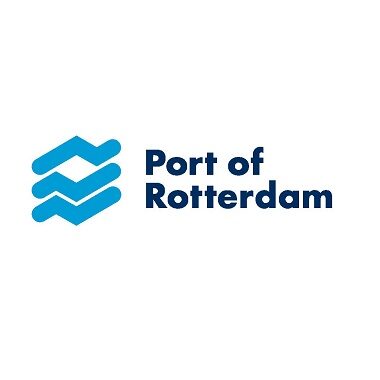
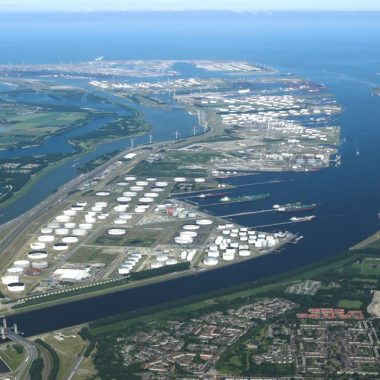
Port of Rotterdam Authority
Die “Port of Rotterdam Authority” ist sehr erfreut, die Kooperation mit den bisherigen und neuen Partnern im EVTZ „Interregionale Allianz für den Rhein-Alpen Korridor“ fortzusetzen. Lokale und regionale Zusammenarbeit ist äußerst wichtig und notwendig, um einen der meist genutzten Korridore in Europa in seiner Funktion zu erhalten und zu verbessern. Es ist nicht einfach nur das Schiff, das im Seehafen ankommt – wichtiger ist vor allem die effektive und nachhaltige Verbindung zum Hinterland und der Dialog mit den europäischen Bürgern. Der Transport von Gütern und der Beitrag zu europäischem Mehrwert endet nicht an der Landesgrenze und daher ist Kooperation ein Schlüsselfaktor zum Erfolg.
-
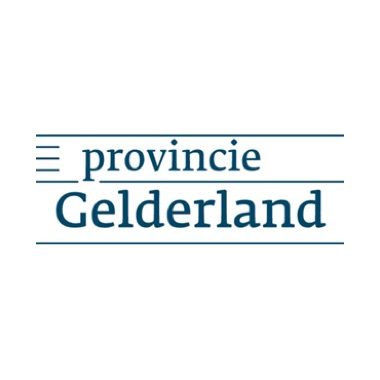
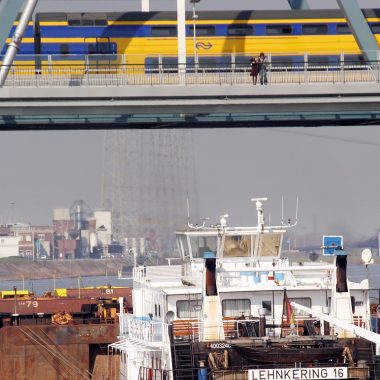
Provincie Gelderland
Gelderland liegt zwischen den Metropolregionen Randstad Holland in den Niederlanden und dem Rhein-Ruhr Gebiet in Deutschland sowie im Gebiet des Niederrheins. Zentrale Themen sind Transport, Logistik, wirtschaftliche Möglichkeiten, Umweltthemen und damit verbunden unsere fantastische Natur, aber auch die ständige Gefahr einer Überschwemmung. Dies alles bedarf eines integrierten politischen Ansatzes. Zusammen mit anderen Behörden im Rhein-Alpen Korridor werden wir an gemeinsamen Entwicklungen, Projekten und an europäischen Strategien arbeiten, von denen unsere Bevölkerungen profitieren.
-
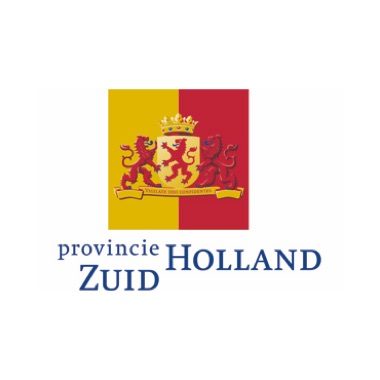
Provincie Zuid-Holland
The Province of Zuid-Holland is an important economic region in the Netherlands with 3.5 million inhabitants, two main cities Rotterdam and Den Haag, Greenports and the Port of Rotterdam. This port is the largest in Europe and therefore important not only for the Netherlands, but for the whole of Europe. Zuid-Holland has a key position in three TEN-T corridors, including the Rhine-Alpine corridor. Cooperation with the members of the EGTC is self-evident!
-
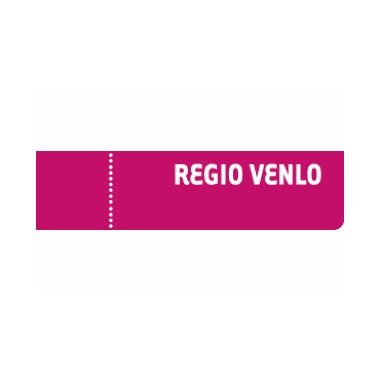
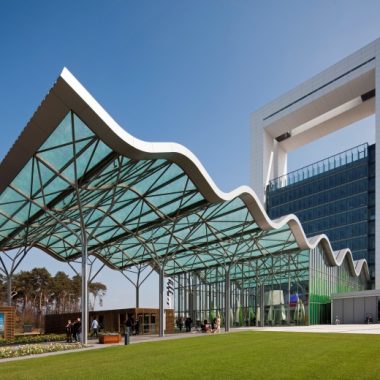
Venlo
As a Dutch region, bordering the German Land of North Rhine-Westphalia, the Venlo Region forms the central link between the ports of Rotterdam and Antwerp and the German Ruhr area. The region focuses on road, water and rail transport and innovative and sustainable solutions on the TEN-T corridor. By joining the EGTC and actively participating in projects and developments, the Venlo region will contribute to strengthening the TEN-T transport network Rhine-Alpine.
-
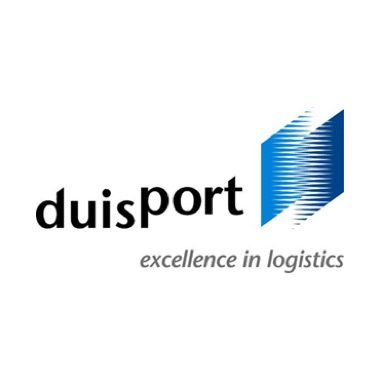
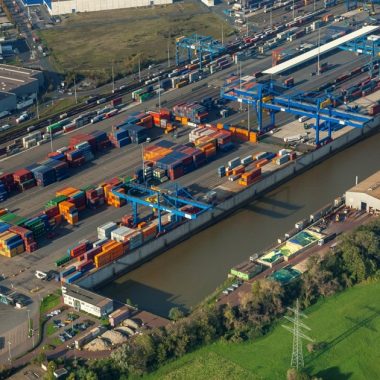
Duisburger Hafen AG
Der Rhein-Alpen Korridor ist die wichtigste europäische Verkehrsachse und verbindet die wirtschaftsstärksten Regionen in Europa miteinander. duisport ist die führende Logistikdrehscheibe in Zentraleuropa und bildet einen der wesentlichen Knotenpunkte entlang dieses Korridors. Im Rahmen unserer Mitgliedschaft im EVTZ werden wir uns aktiv einbringen, um diese multimodale Verkehrsachse weiter zu stärken und auszubauen.
-
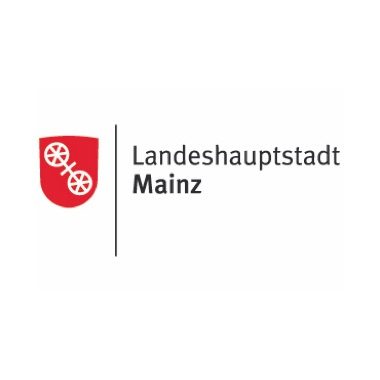
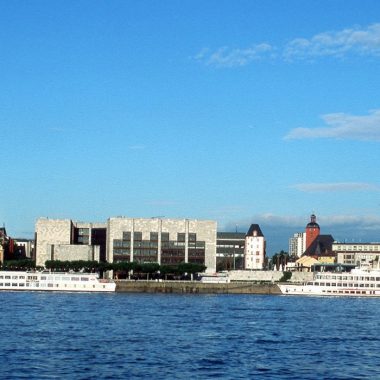
Stadt Mainz
Mainz stellt sowohl im Individual- und Schienenverkehr als auch auf den Wasserstraßen ein wichtiges Drehkreuz in der Metropolregion Frankfurt/Rhein-Main dar. Von der Mitgliedschaft im EVTZ erhofft sich die Stadt, aktiv an verkehrlichen Lösungen mitzuarbeiten, die den Personen- und Güterverkehr möglichst verträglich für die Bevölkerung und die Umwelt abwickeln. Die Stadt Mainz setzt hierbei insbesondere auf innovative und nachhaltige Maßnahmen im Umweltverbund.
-
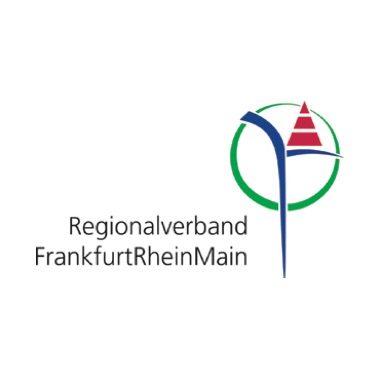
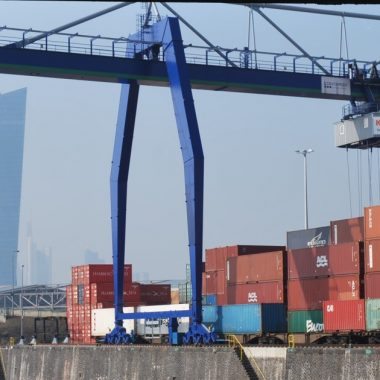
Regionalverband FrankfurtRheinMain
Alle Regionen entlang des Korridors sind Nutznießer seiner Stärken und Betroffene seiner Belastungen. Hieraus resultieren spezifische regionale Interessen, die von Bahngesellschaften und nationalen Regierungen so nicht unbedingt auch verfolgt werden. Durch das EVTZ verschafft sich die regionale und kommunale Stimme mehr Gehör, und sie kann durch Bündelung von Akteuren mit ähnlichen Interessen sowohl auf der europäischen als auch der nationalen Ebene mehr erreichen. Dies erfolgt insbesondere durch gemeinsame Positionierungen.
-
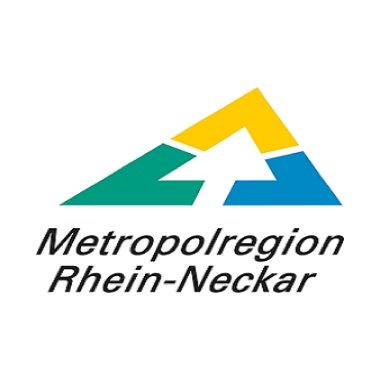
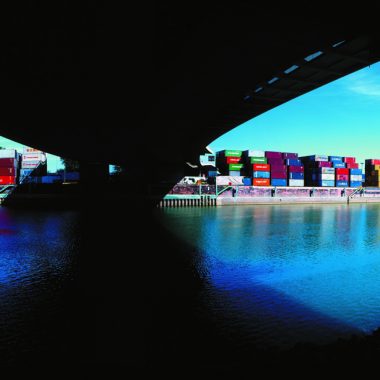
Verband Region Rhein-Neckar
Die Metropolregion Rhein-Neckar liegt zentral im Rhein-Alpen Korridor. Unsere Region ist geprägt von der bedeutenden Transportinfrastruktur auf Schiene, Straße und Binnenwasserwegen sowie durch eine dynamische Logistikbranche. Die zukünftige Entwicklung des Korridors liegt daher im vitalen Interesse unserer Region. Größten Wert legen wir dabei auf eine enge Zusammenarbeit und eine abgestimmte Wahrnehmung der Interessen der regionalen und kommunalen Akteure im Korridorraum; der EVTZ bietet hierfür die beste Voraussetzung.
-
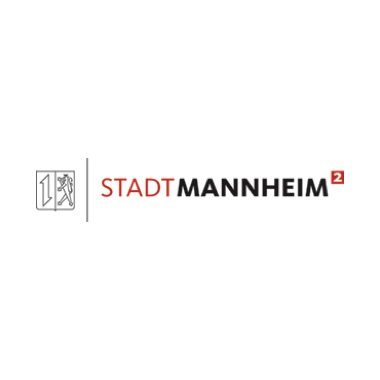
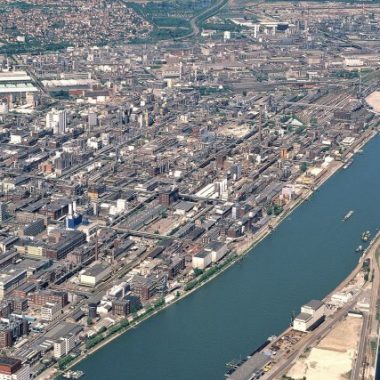
Stadt Mannheim
-

Port of Strasbourg
The port of Strasbourg is the 2nd French inland port and a major hub for multimodal transport in the central TEN-T- Network. Strasbourg is the only European city positioned on 4 European transport corridors: North Sea-Mediterranean, Rhine-Alpine, Rhine-Danube and Atlantic. Engaged in several cooperation initiatives for efficient and sustainable multimodal transport in the Rhine-Alpine corridor, the Port of Strasbourg fully supports the integrated approach of the EGTC Rhine-Alpine.
-
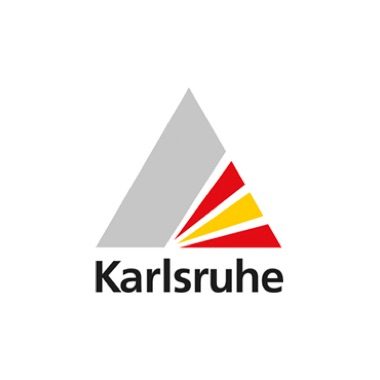

Stadt Karlsruhe
Aufgrund der Mitgliedschaft im EVTZ Rhine-Alpine Corridor können die verkehrlichen Anliegen der Stadt Karlsruhe im Verbund mit den Partnern entlang des Korridors, insbesondere zusammen mit der TechnologieRegion Karlsruhe GbR und dem Regionalverband Mittlerer Oberrhein, effektiv auf die nationale und europäische Ebene getragen und die Aufmerksamkeit der EU-Kommission verstärkt auf die Regionen entlang des Korridors gelenkt werden. Die Mitgliedschaft im EVTZ schafft Synergien zur Mitgliedschaft in der Initiative „Magistrale für Europa“ und bietet sich zudem neue Möglichkeiten, die Anbindung Karlsruhes an überregionale Verkehrsinfrastrukturen zukunfts- und wettbewerbsfähig auszubauen, das System Schiene zu stärken und neue Wege zur Akquisition europäischer Fördergelder zu eröffnen. Darüber hinaus unterstreicht die Stadt Karlsruhe durch ihre Mitgliedschaft auch die besondere Bedeutung der grenzüberschreitenden und europäischen Zusammenarbeit und stärkt damit ihr internationales Profil.
-

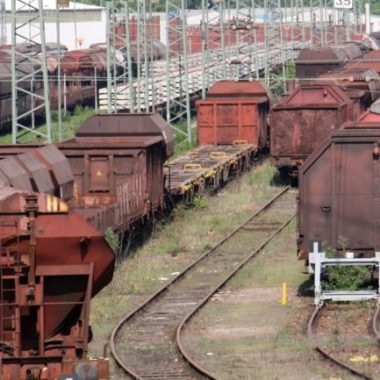
Regionalverband Mittlerer Oberrhein
-
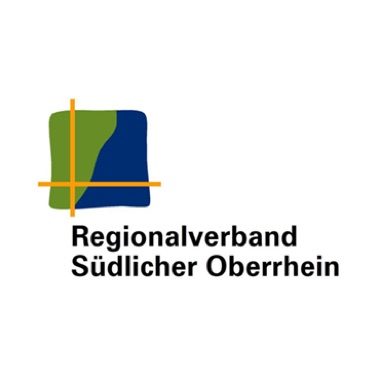
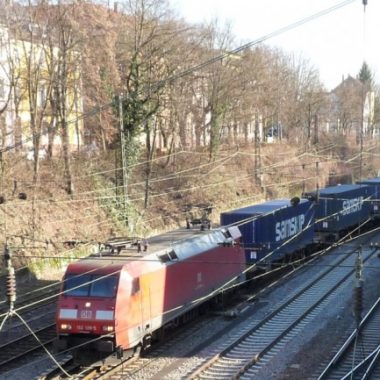
Regionalverband Südlicher Oberrhein
Der EVTZ bietet die Plattform bei der komplexen Thematik der Eisenbahnentwicklung mit Partnern aus Raumplanung, Wissenschaft und Wirtschaft grenzüberschreitend zusammenzuarbeiten. Der EVTZ ermöglicht die Bündelung von gemeinsamen Interessen der Mitglieder gegenüber nationalen und europäischen Institutionen. Der Regionalverband Südlicher Oberrhein will dazu beitragen, dass das Thema Lärmschutz im Schienenverkehr auf europäischer Ebene stärker in den Fokus rückt.
-
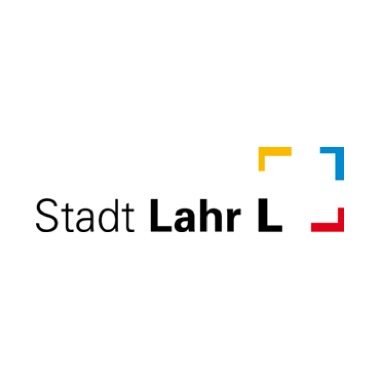

Stadt Lahr
Vielleicht sind wir ein kleines Mitglied, doch wir haben eine große Vision für unsere Region. Im Europa der kurzen Wege möchten wir helfen, Abkürzungen zu finden. Lahr liegt in einer sehr schönen Region und wir wollen uns rechtzeitig der Aufgabe stellen, die Entwicklung angesichts der zunehmenden Verkehre und Warenströme zu Gunsten von Effizienz aber nicht zu Lasten der Landschaft voran zu bringen.
-
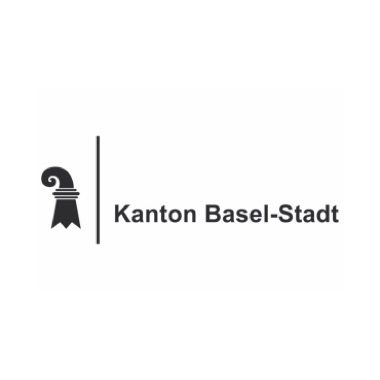
Kanton Basel-Stadt
-
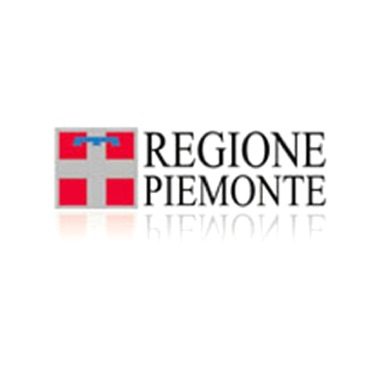
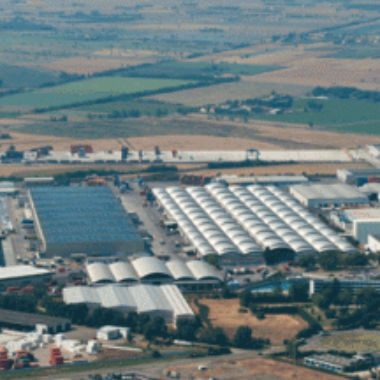
Regione Piemonte
Regione Piemonte tritt dem EVTZ in dem Glauben bei, dass eine gemeinsame strategische “bottom-up” Initiative die Möglichkeiten zur Verbesserung des Verkehrsnetzes für die beteiligten Partner vergößert. Regione Piemonte tritt dem EVTZ bei, da dieser ein Schlüsselinstrument zur Stärkung der Europäischen Integration ist, beginnend bei den Bedürfnissen der lokalen Kommunen. Regione Piemonte tritt dem EVTZ bei, da so Erfahrungen, Wissen und „best practices“ ausgetauscht werden können, um gemeinsam Projekte zu entwerfen und zu finanzieren.
-
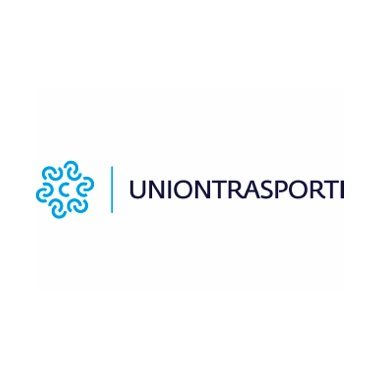
Uniontrasporti
Die Beteiligung an dem EVTZ „Interregionale Allianz für den Rhein-Alpen Korridor“ ist sehr wichtig für das gesamte System der Handelskammern, auf welches sich der Durchgang durch diesen Europäischen Korridors auswirkt. Die Präsenz von Uniontrasporti bietet den Handelskammern die Möglichkeit, den Bereich Infrastruktur, Transport und Logistik auf europäischer Ebene zu verstehen, zu diskutieren, zu fördern und Lobbying in diesem Bereich zu betreiben. Der Beitritt in den EVTZ ist von zentraler Bedeutung für die wirtschaftlichen und geschäftlichen Interessen, die mit dem Rhein-Alpen Korridor in Zusammenhang stehen. Der EVTZ bietet Fähigkeiten und Know-How zu vielen Themenbereichen (Korridore, Fracht, Logistik, etc.) und Uniontrasporti trägt von italienischer Seite zur Vervollständigung der Nord-Süd-Achse innerhalb der gemeinsamen Strategie bei.
-
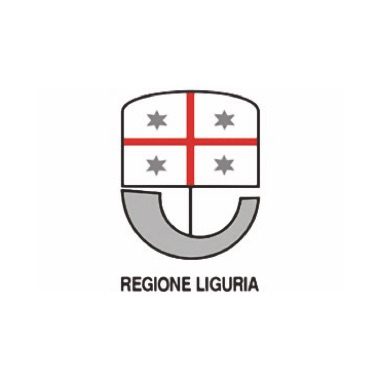
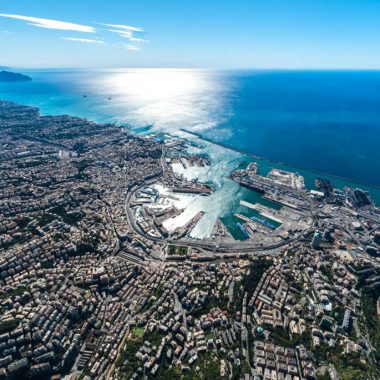
Regione Liguria
The regional infrastructural system is crucial at Italian and European levels. Liguria and its maritime ports have represented the Mediterranean gateway to Europe for freight and passenger transport over the centuries. At present, the territory continues to play a key role in the Mediterranean Basin and in the Trans-European Transport Network, as important core and comprehensive urban nodes and infrastructures are located in Liguria: the urban nodes of Genoa, La Spezia and Savona-Vado are part of the European network; the airport of Genoa, the maritime ports of Genoa and La Spezia and the rail-road terminal of Vado are included in the European core network; the port of Savona-Vado is in the comprehensive network. In this context, Liguria Region aims to improve the infrastructural system and the transport sustainability, in order to increase the regional economic development. As a result, Liguria Region participates actively to the EGTC initiative as it represents an opportunity and is coherent with the regional economic development and infrastructure strategies.
-
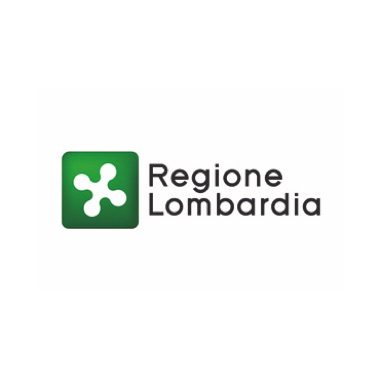
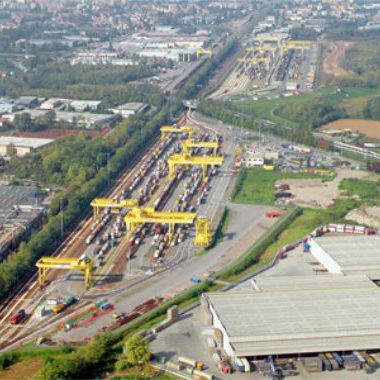
Regione Lombardia
The great number of logistics settlements and freight operators, the necessity of efficient network of connections along the whole North-South corridor Rotterdam-Genoa, the goal to ensure dynamic commercial exchanges by improving the infrastructural system, inside and outside the regional borders, all these factors have already led to cooperate with the neighbouring countries to share freight transport policies. Becoming a member of EGTC Rhine-Alpine for Regione Lombardia is a good opportunity to enlarge the cooperation on European stage and to go further in attractiveness, accessibility and economic development.
-

Flemish Brabant
-
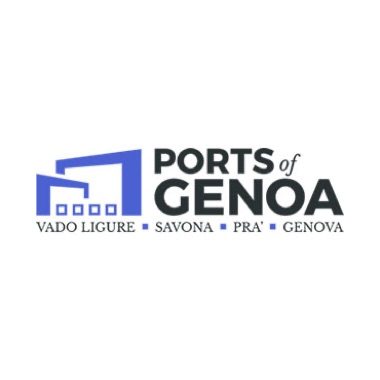
Ports of Genoa
-

Metropolregion Rheinland
-
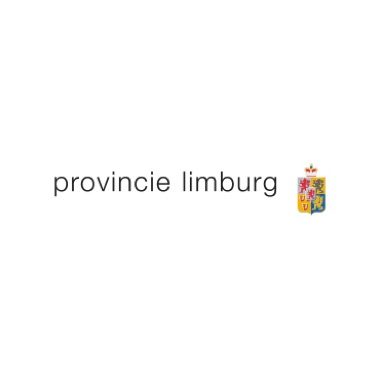
Provincie Limburg
-
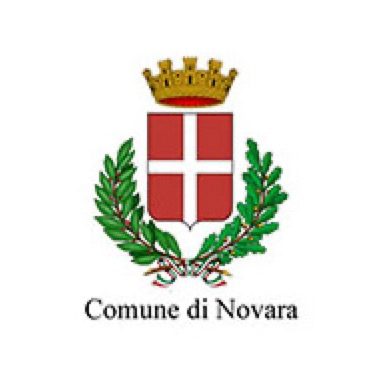
Comune di Novara
-

Provincie Noord-Brabant
